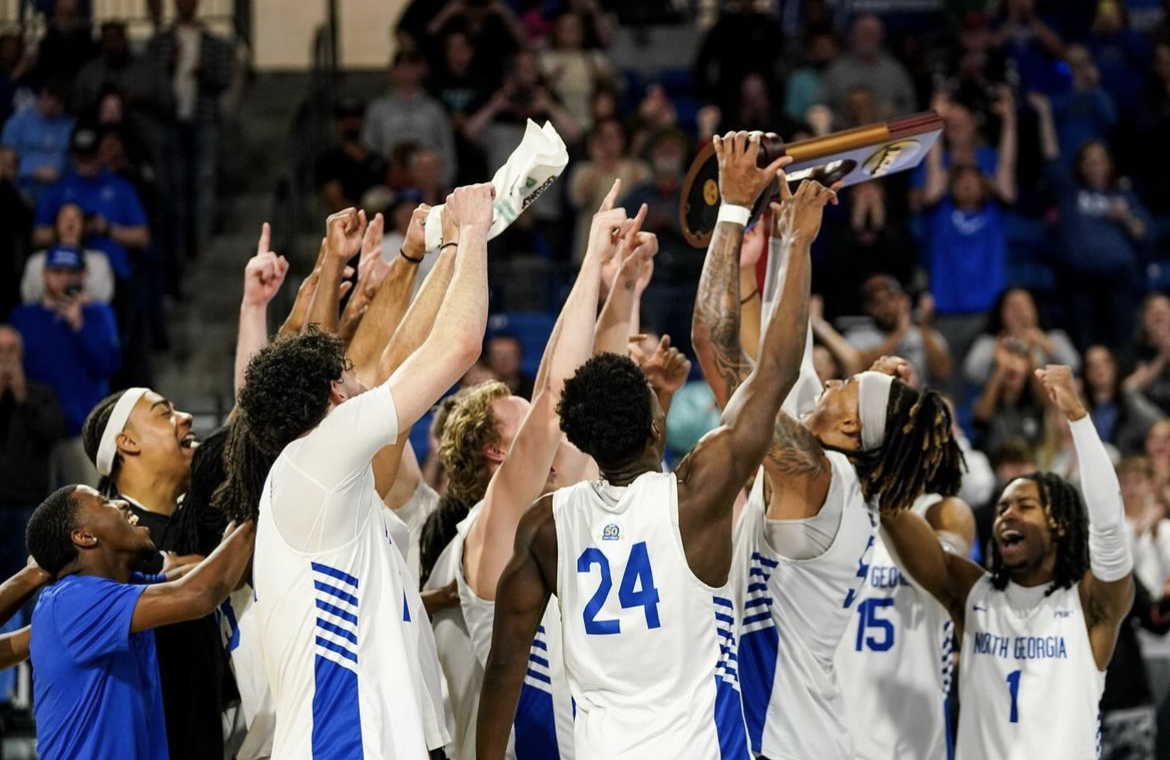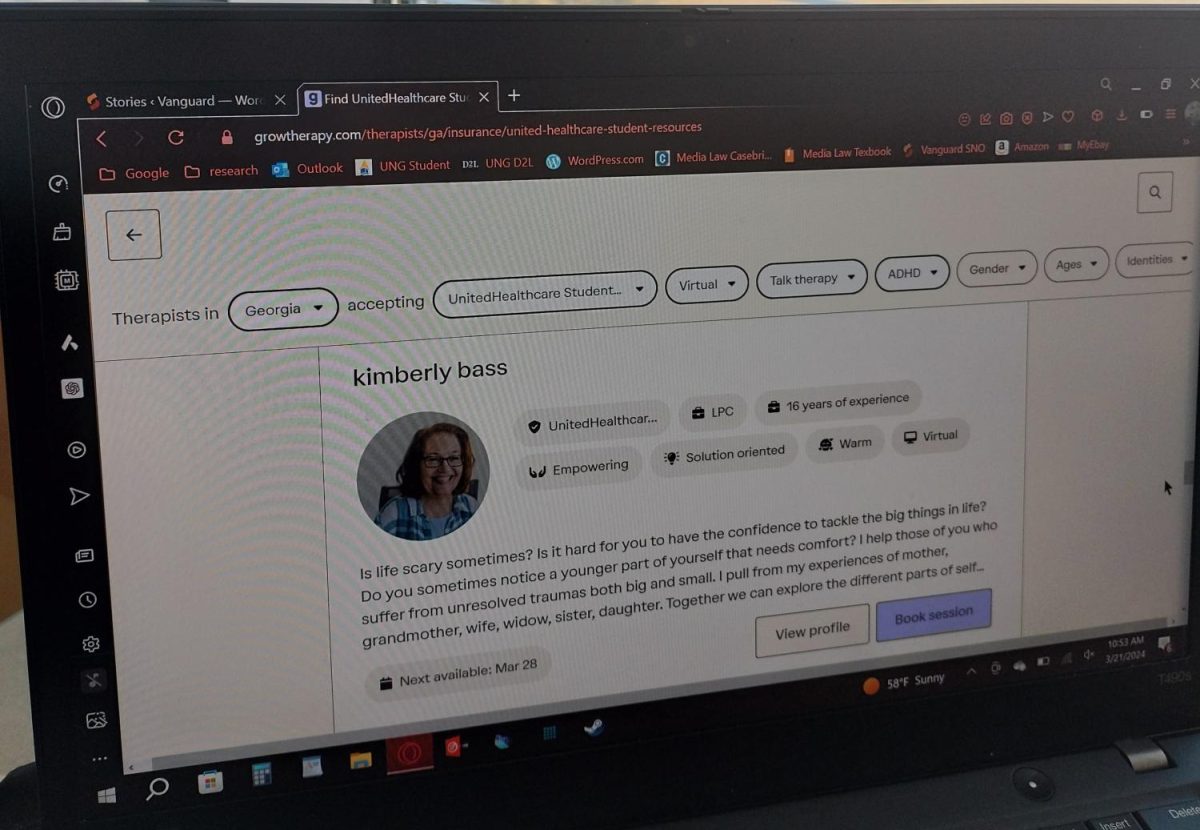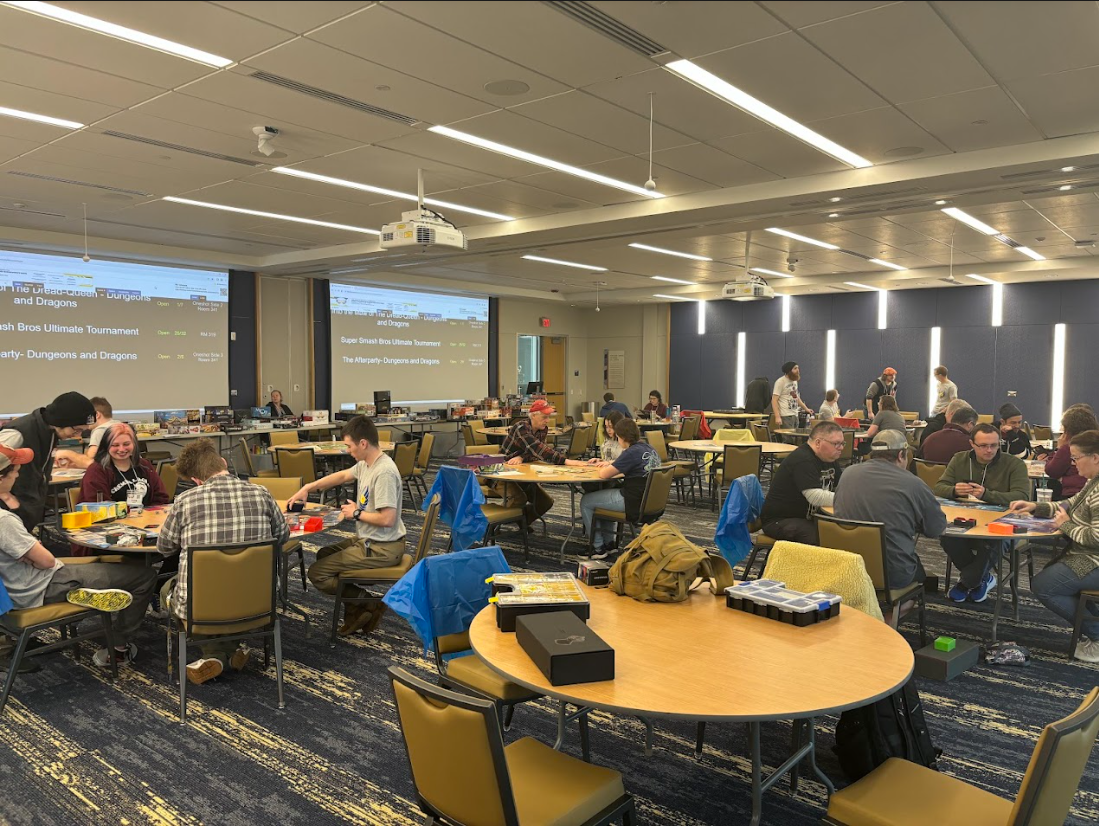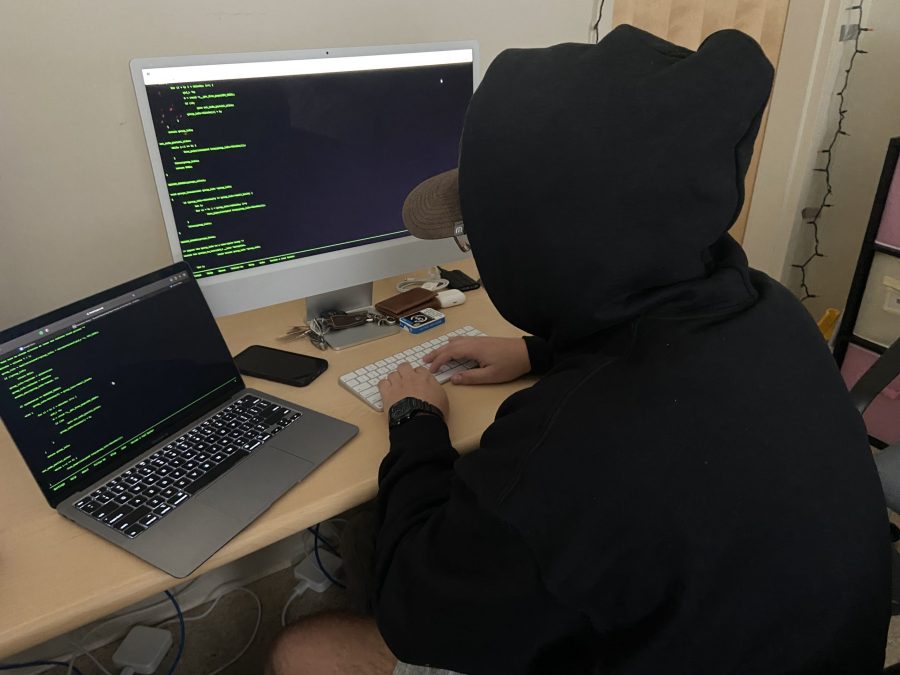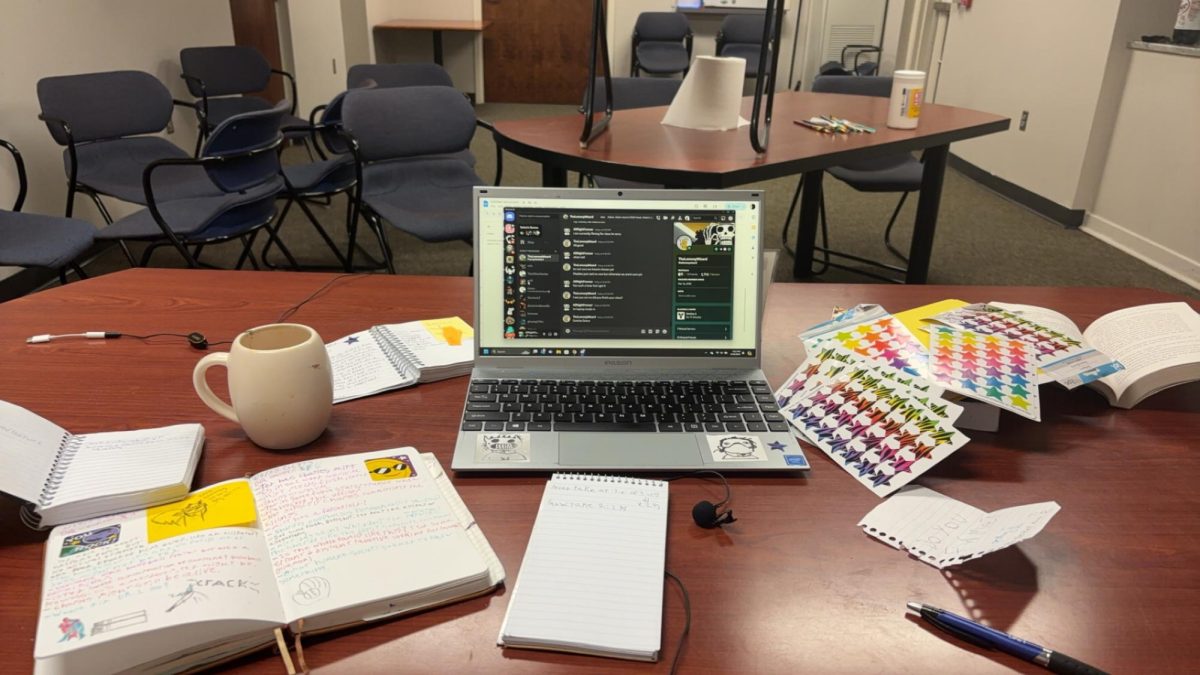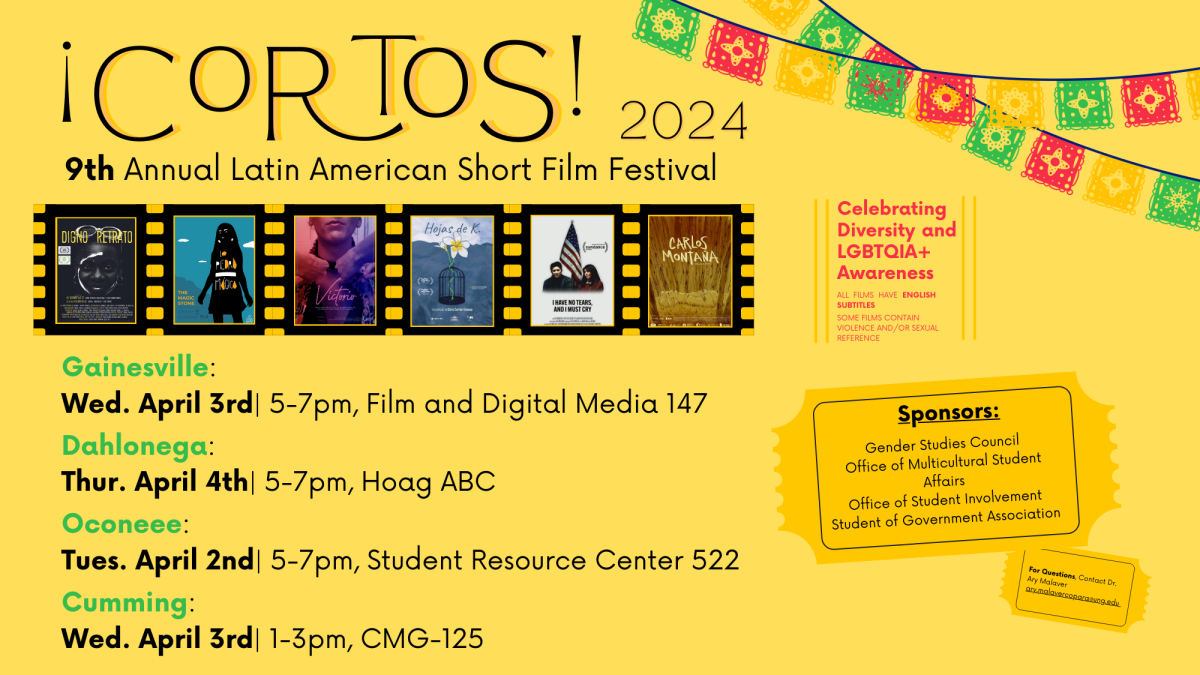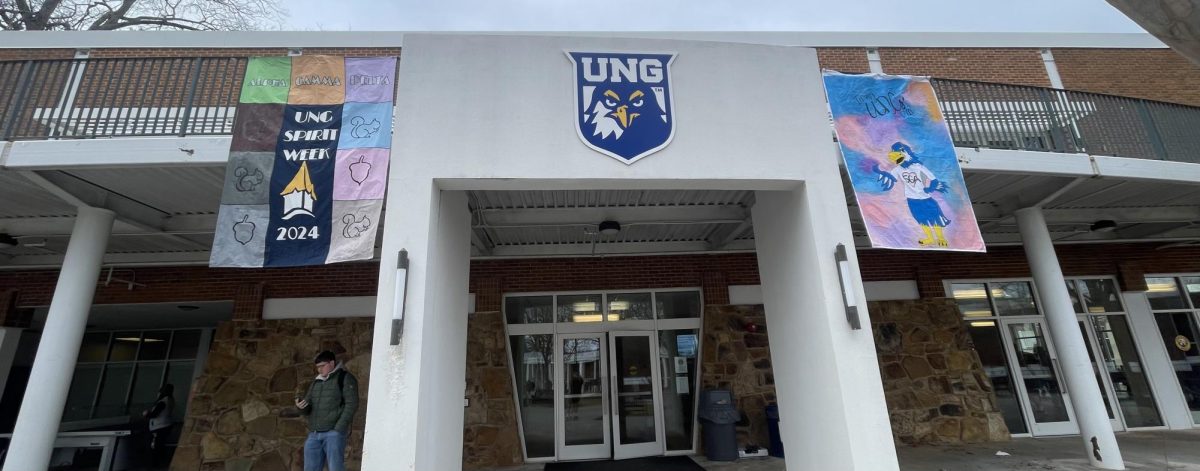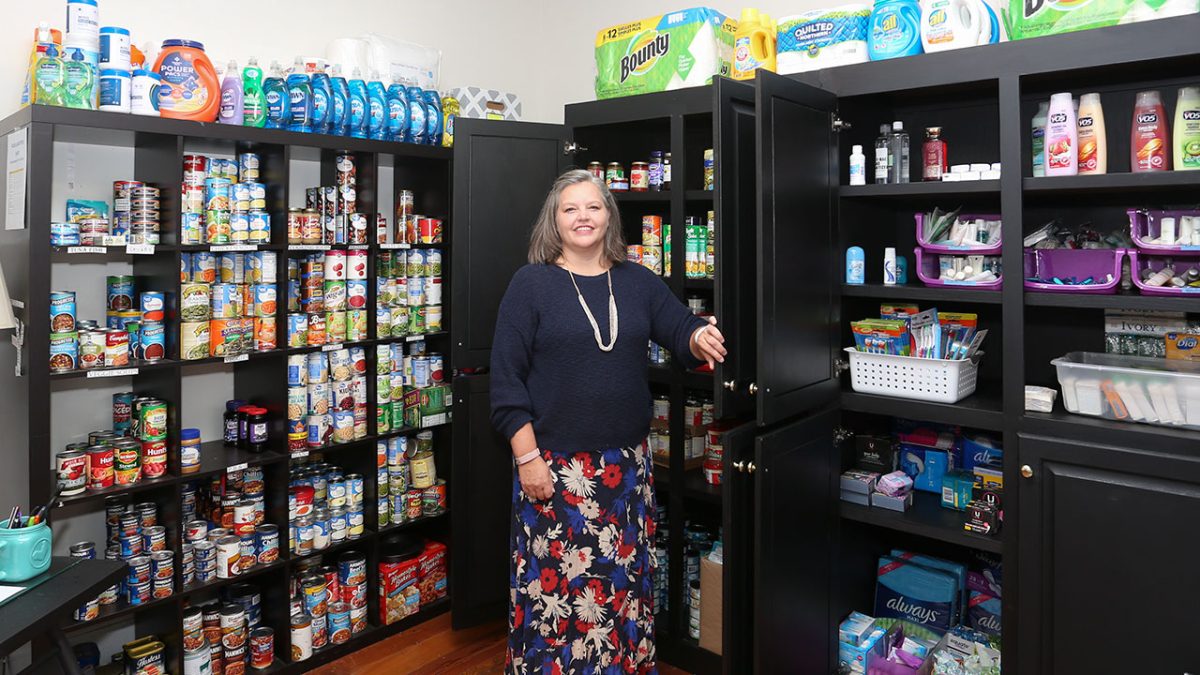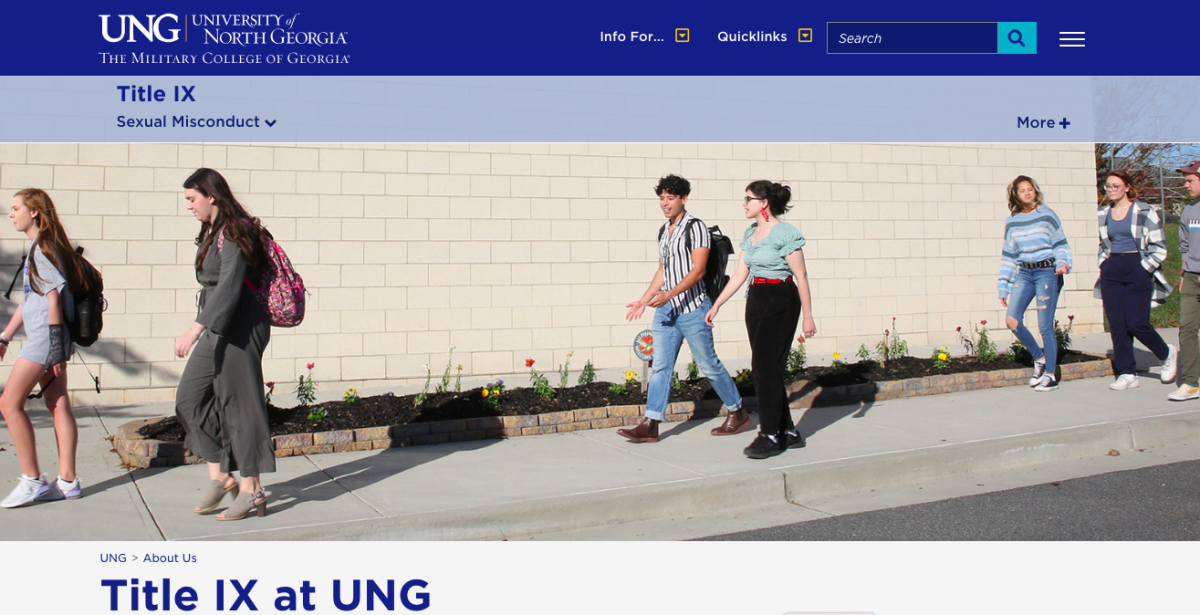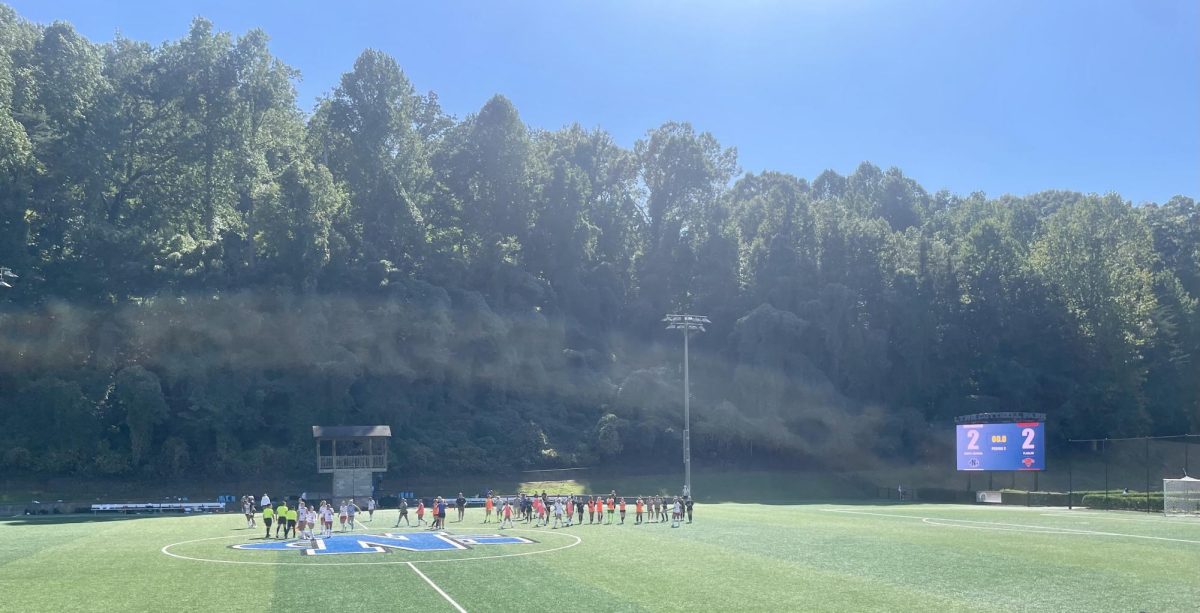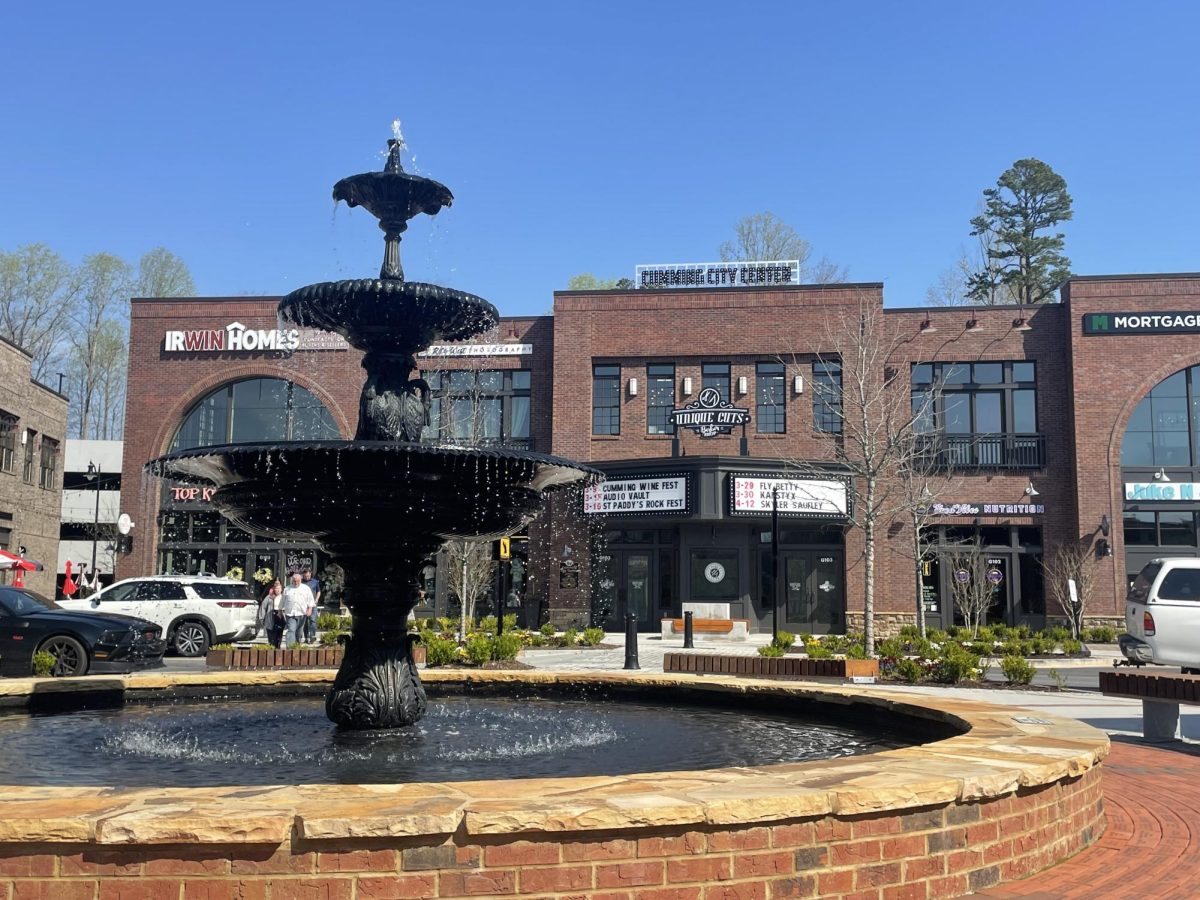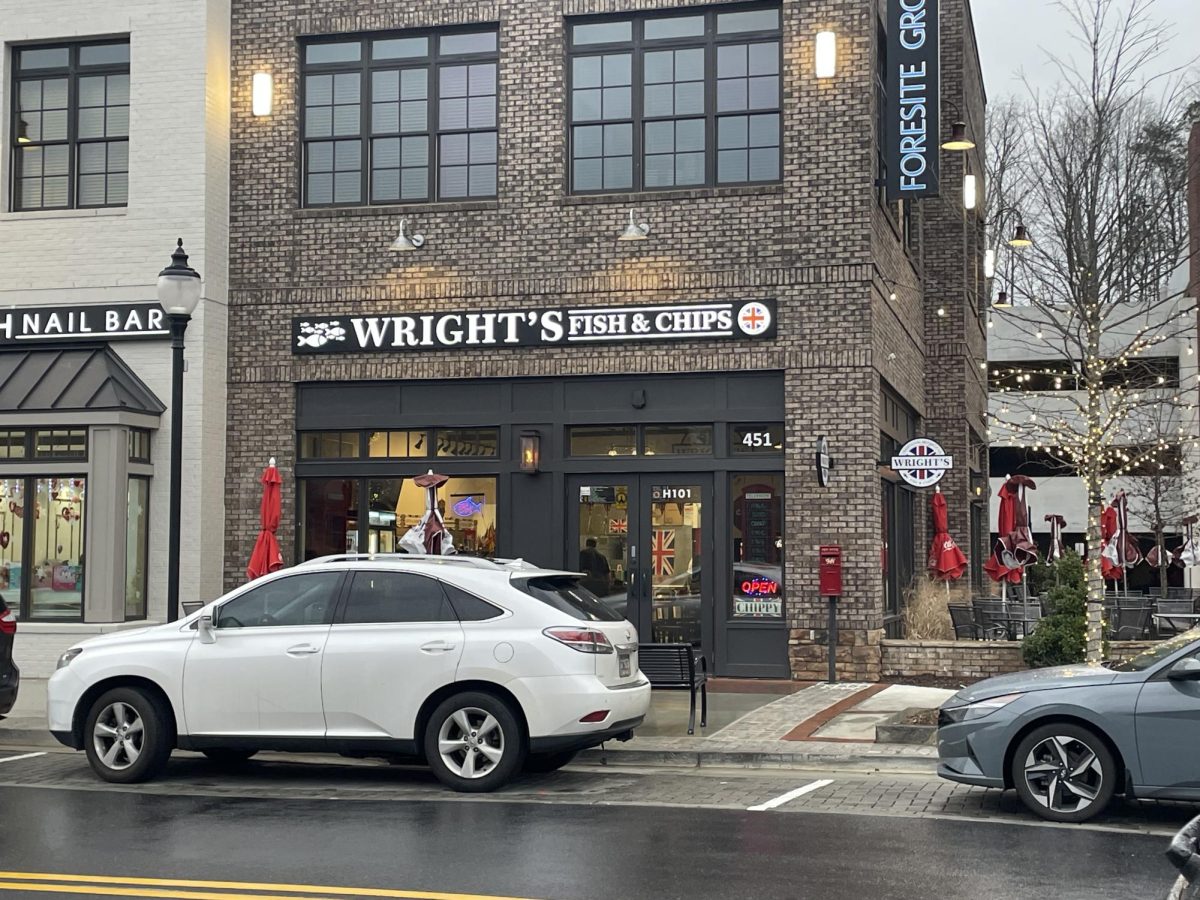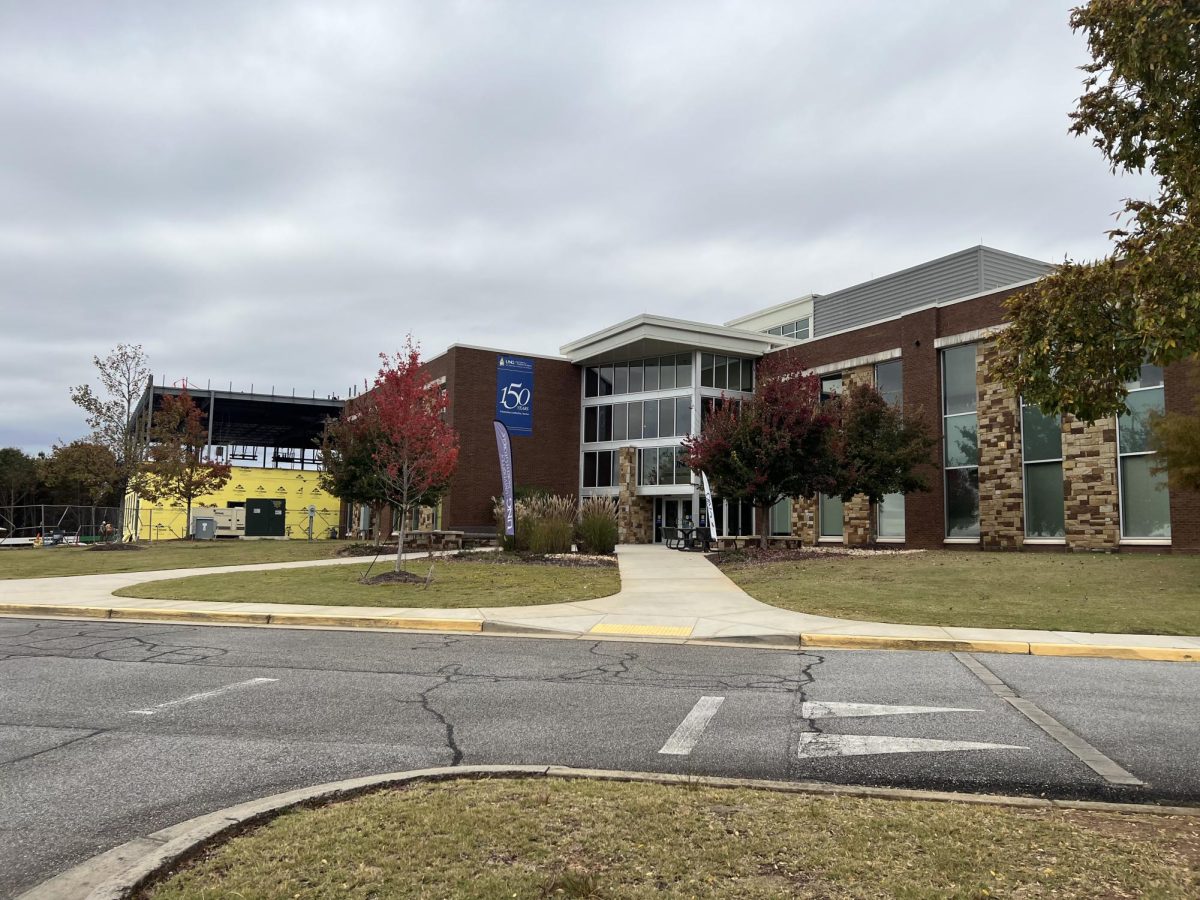The University of North Georgia and other institutions in the area are experiencing scammers targeting college students through false job applications sent to their school email. These job applications would require students to put in private information like their SSN and bank details.
Last summer, concerns rose up as a student completed a job application. The electronic form had been copied from a real application, but the scammer had changed a number on the phone number including the email.
The student was able to identify that there was a problem when the interviewer just repeated the job information from the application and then said the form of payment would be directly from the employer to the interviewee, instead of the company. When urged to share bank information, SSN, and other personal details, the student called off the interview and informed the Career Service office of the issue.
Since then, two more students have alerted the career service office after experiencing similar issues. It wasn’t something that Career Services would endorse, and they were not aware of the ongoing issue. Scammers are appealing to students by offering remote jobs earning $400 a week. This enticing offer attracts students and that’s what makes it more deceptive.
“We just want students to be cautious, we can’t screen every single posting that goes through Handshake as much as we’d like to. We’ve got thousands of jobs out there available to students and we just want them to be cautious” – Lisa Walker, Assistant Director of Employer Engagement
Keller Williams Realty was looking for a part-time office manager. This job application had been altered and sent to a student at the Gainesville Campus. The fake employer reached out to interview him via Skype chat room to go over the job description with no video recording. The student was hired on the spot and their personal information was requested.
Career Services spoke to Keller Williams Realty, and they were actually looking for a part time worker, but the information on the application that the student received had been altered from the original. Walker said, “If you get a job offer out of the blue that you didn’t even apply for, there’s probably something fishy going on.” These scammers are looking to spam real job offers hoping to make money from unsuspecting recipients. They are able to change direct deposit in the school’s payroll system by sending fake links, leading to the accumulation of more private information on students.
There have been other occasions when students are given flyers or business cards by people on campus to apply for a job and it turned out to be a scam. “It honestly made me feel uncomfortable that people can walk around campus inside buildings who aren’t students. But it seems like whatever group they’re a part of are deliberately sending people who look like students inside that way we don’t mistrust them. It would be crazier if they’re actually enrolled at UNG,” Trinity Cromwell, a third-year student at UNG.
The UNG IT Department has been made aware of the situation, but students are advised to pay attention to the applications they fill and don’t share any personal information online. “If something is making you feel off about the situation, if they are requesting an interview via chat, that’s not normal…be safe about your information, don’t just give it out,” said Walker.
The IT department lets students know that there’s a rise in fake employers trying to scam students and they should know the steps they can take to protect themselves. If there is an email that you feel unsure about, send it to [email protected] and UNG’s IT department will review its contents. Career Services can also help students figure out if it’s a real application. Any career related questions can be helped or guided if they reach out to Career Services.








